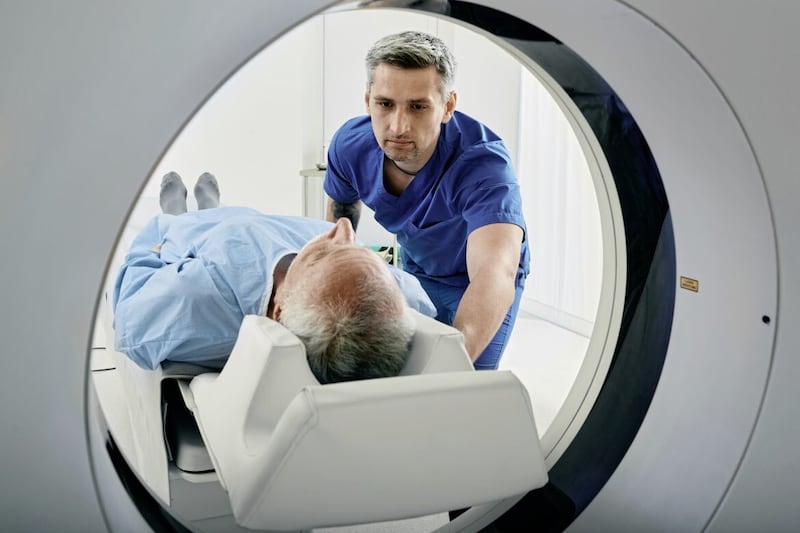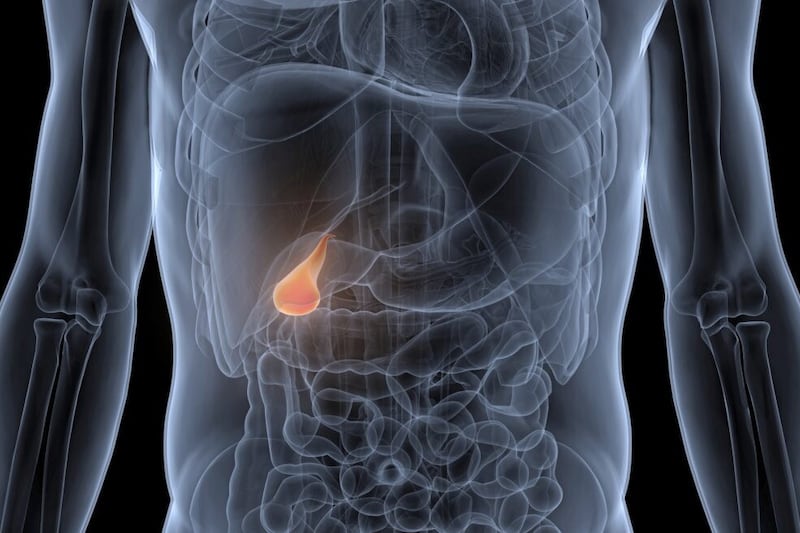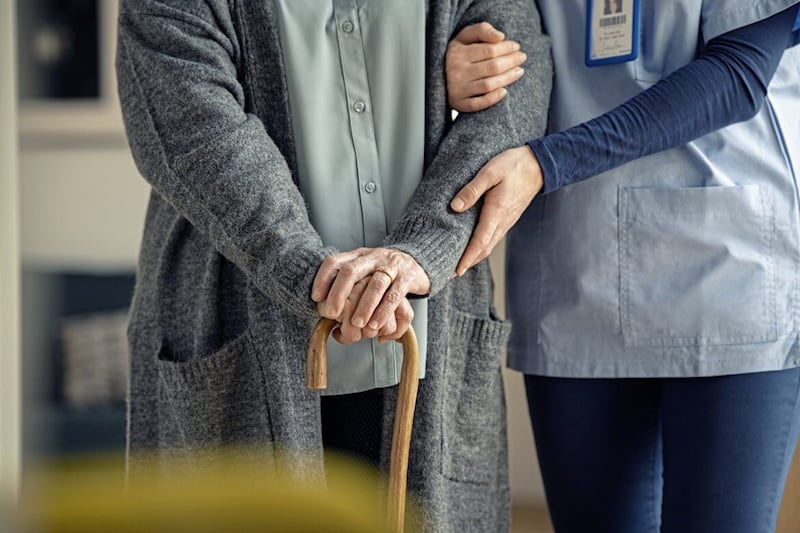Q: I suffer from spinal stenosis and even a half-hour walk makes the pain much worse. Should I persevere?
DO’B
A: Spinal stenosis, a condition in which the space around the spinal cord narrows, affects around one in 10 people. It is often caused by wear and tear of the spine.
As a result the nerve tissue becomes compressed, causing pain, numbness and weakness in the lower back and in one or both legs.
For exercise to be causing further pain sounds challenging, but with the right advice the pain can be relieved and exercise resumed.
The spinal cord is contained within the spinal canal. It ends near the bottom of the ribcage, where it divides into nerves, the cauda equina (which form the main nerve connections to the lower body and legs).
The lower part of the spine carries the greatest weight and, as we age, it wears out. This can cause tissue in the region to thicken, and bony projections known as osteophytes may grow to ‘protect’ the areas of damage.
But this causes narrowing within the spinal column which is often referred to as spinal stenosis. It means certain activities, and even being upright, can cause pinched nerves and therefore trigger pain.
Your daily exercise regimen – a 30-minute walk – is triggering irritation in the nerve roots in the lower part of the spine, leaving you with pain. I suggest you find ways to exercise that minimise the need to have an upright, load-bearing posture, such as weightlifting in a reclining position or swimming.
Your GP can refer you to a physiotherapist who will develop an exercise plan to help you.
Q: I HAVE chronic constipation even though I eat a healthy diet. Medications aren’t helping. My last PSA reading was 60, which I am told was due to my constipation. I am 82 and have benign prostatic hyperplasia.
MH
A: ‘Chronic’ constipation is where two or more of the following symptoms last three months or longer: a need to strain; a sensation of incomplete emptying; or fewer than three bowel movements in a week.
It’s usually due to a malfunction in the colon or rectum but can also be triggered by medication, such as opiates; a metabolic disease, such as an underactive thyroid; or colorectal and, more rarely, prostate cancer.
A PSA test checks levels of prostate-specific antigen, a protein produced by the prostate gland – raised levels are linked to prostate problems including benign prostatic hyperplasia (an enlarged prostate), infection and cancer.
At 60, your PSA is high even for someone with an enlarged prostate. This can be as a result of pressure on the prostate due to a loaded rectum.
The treatment depends on the cause. Laxatives add fibre and increase stool bulk. But you say Fybogel and the stool softener Dulcoease haven’t helped.
I recommend you try others, such as psyllium husk, a foodstuff also sold as a fibre supplement; lactulose, a sweet liquid formed from an indigestible carbohydrate; or polyethylene glycol. Patients have also spoken to me of the magic of eating two kiwi fruit twice daily for added fibre.
If these don’t help then prucalopride, which increases the movement of the bowels, may be effective. Discuss all of the above with your doctor.
© Solo dmg media








